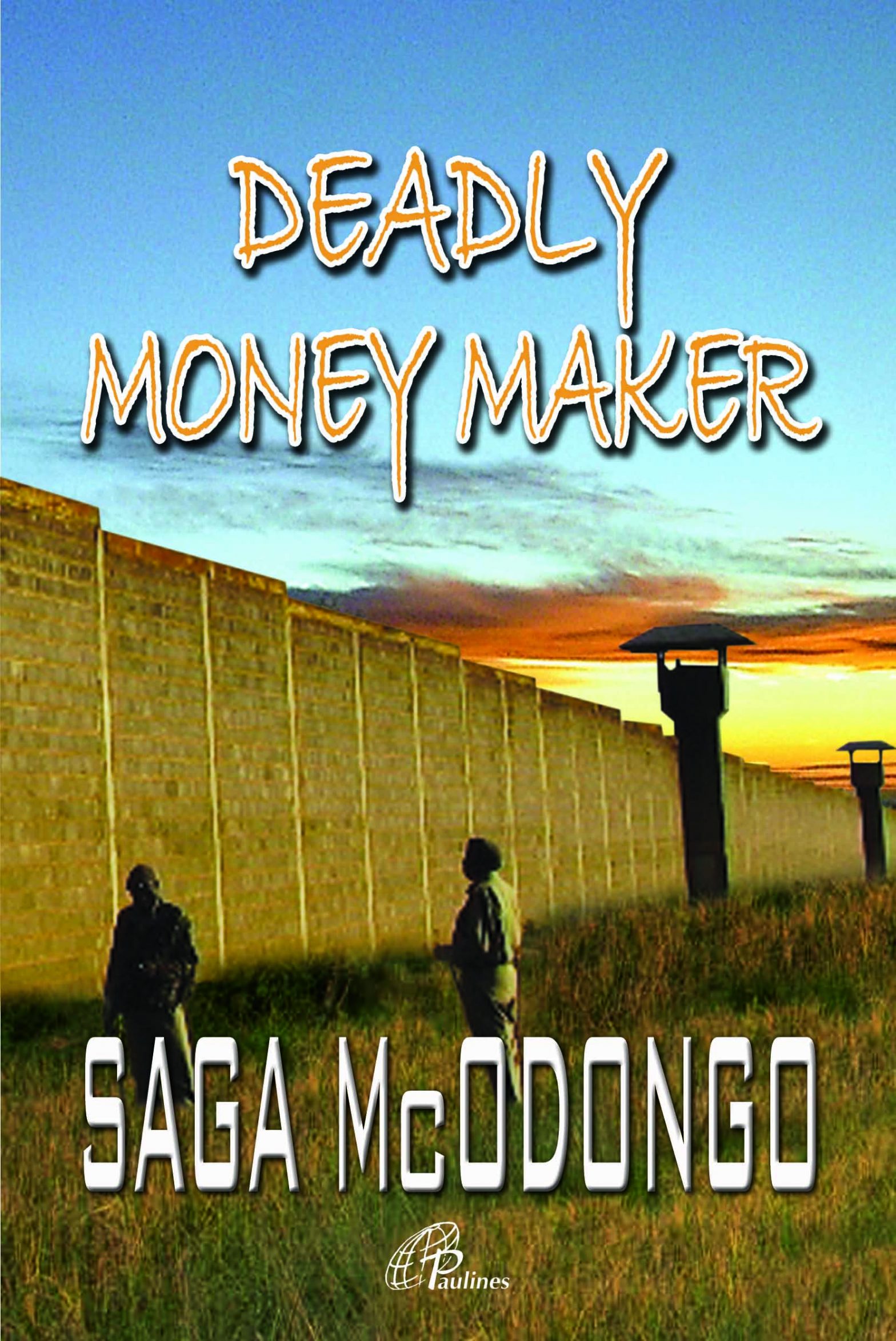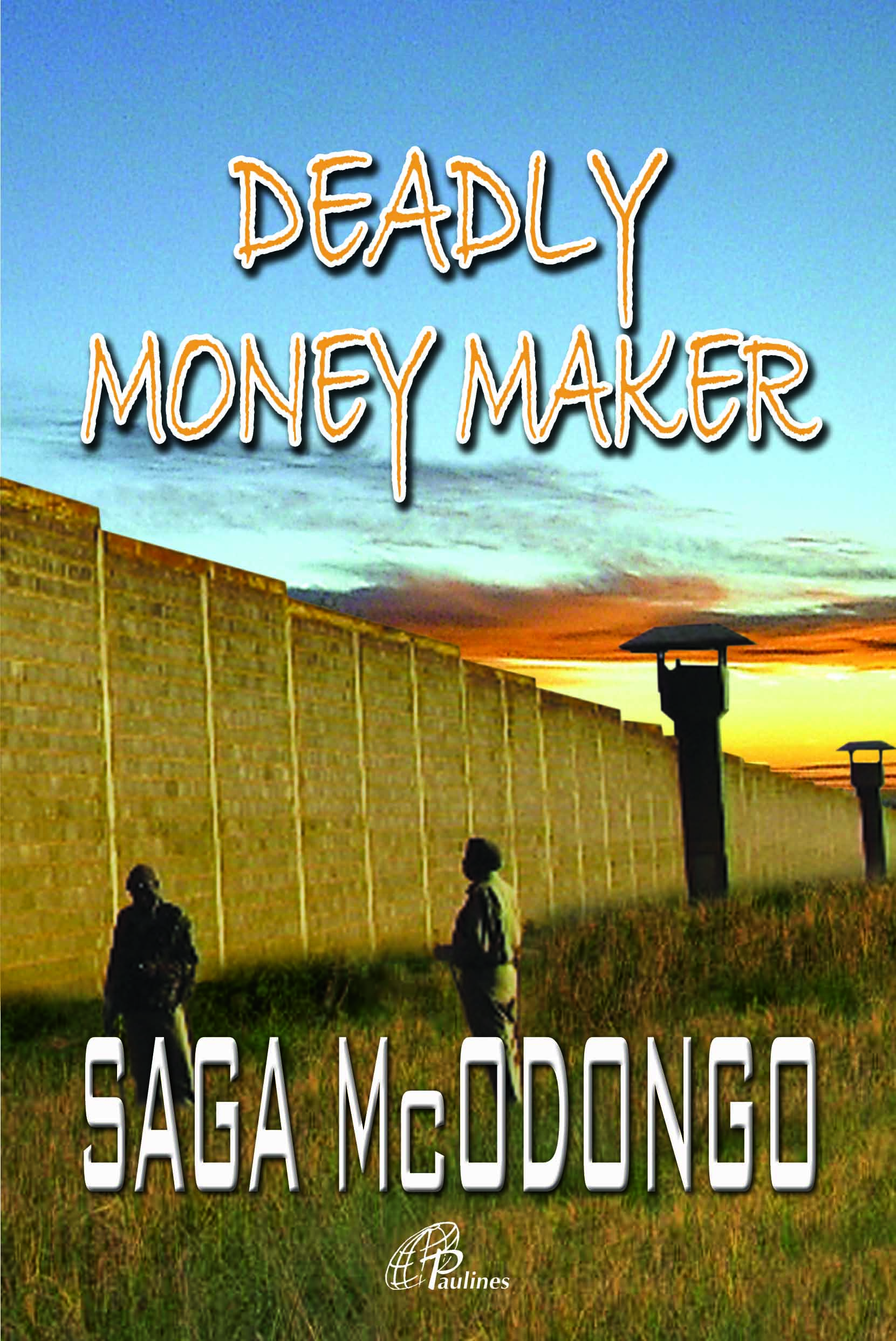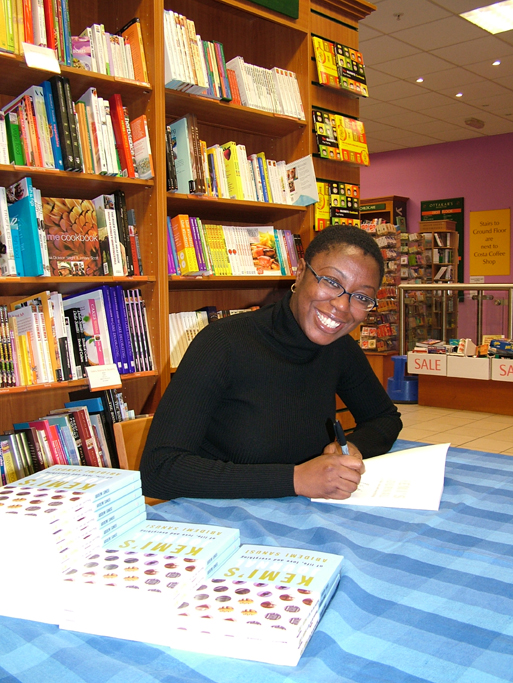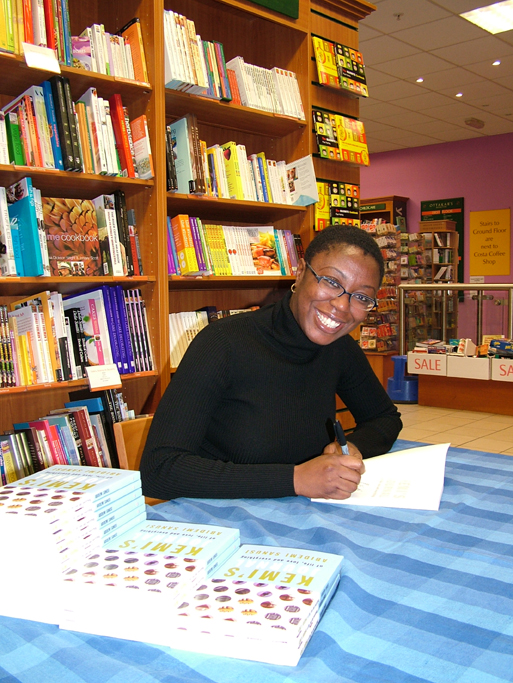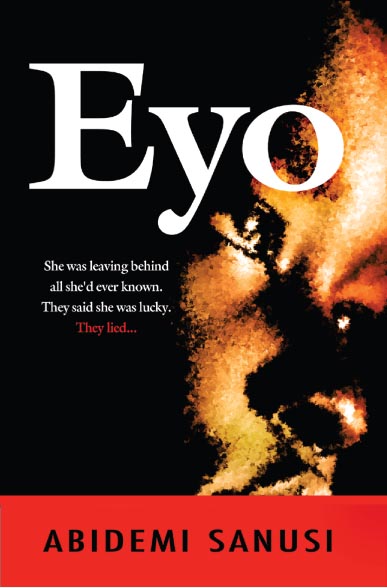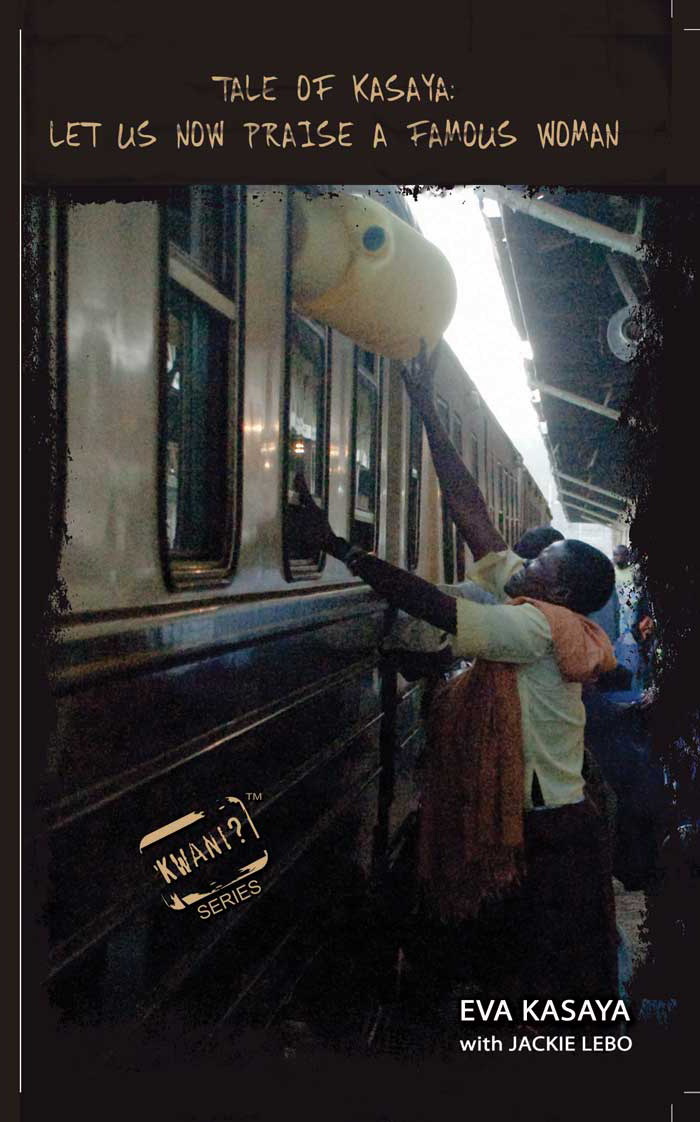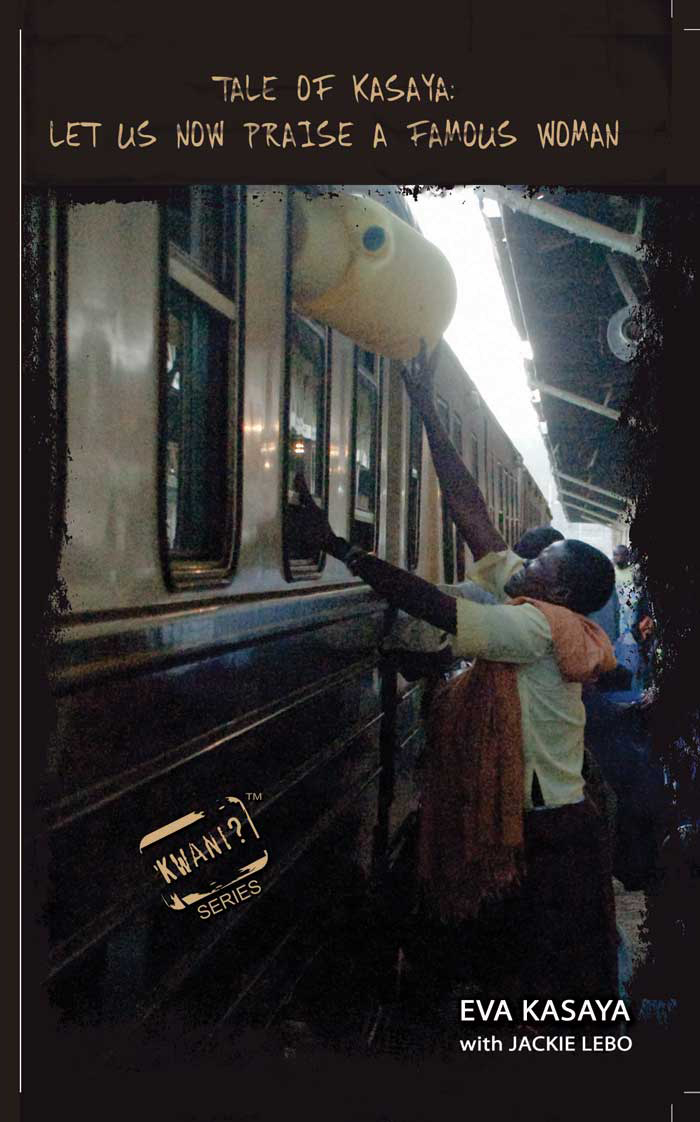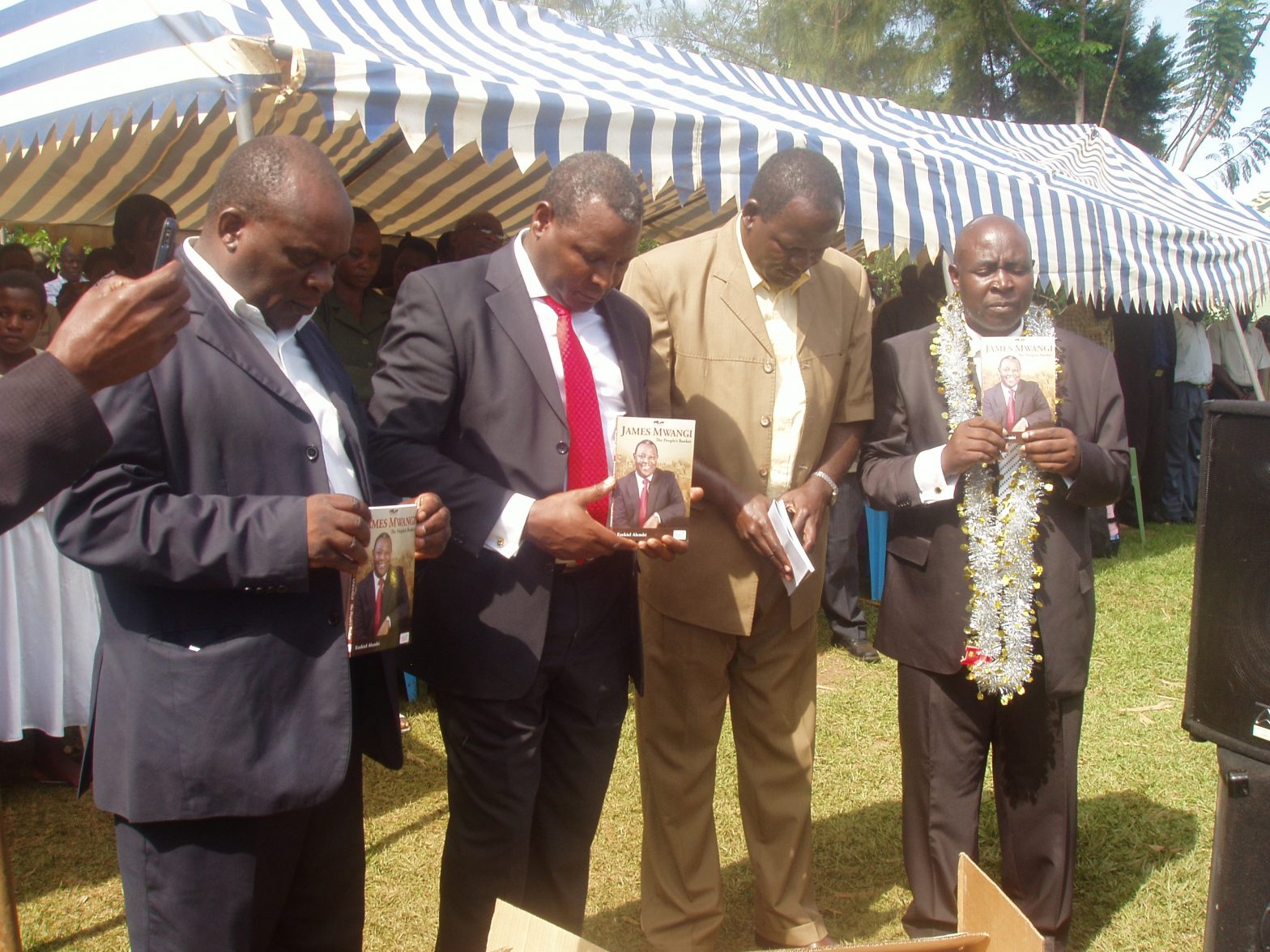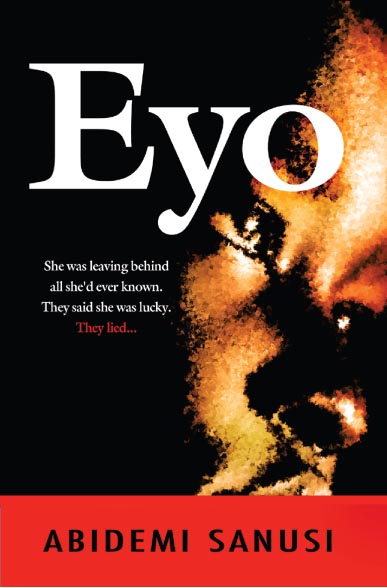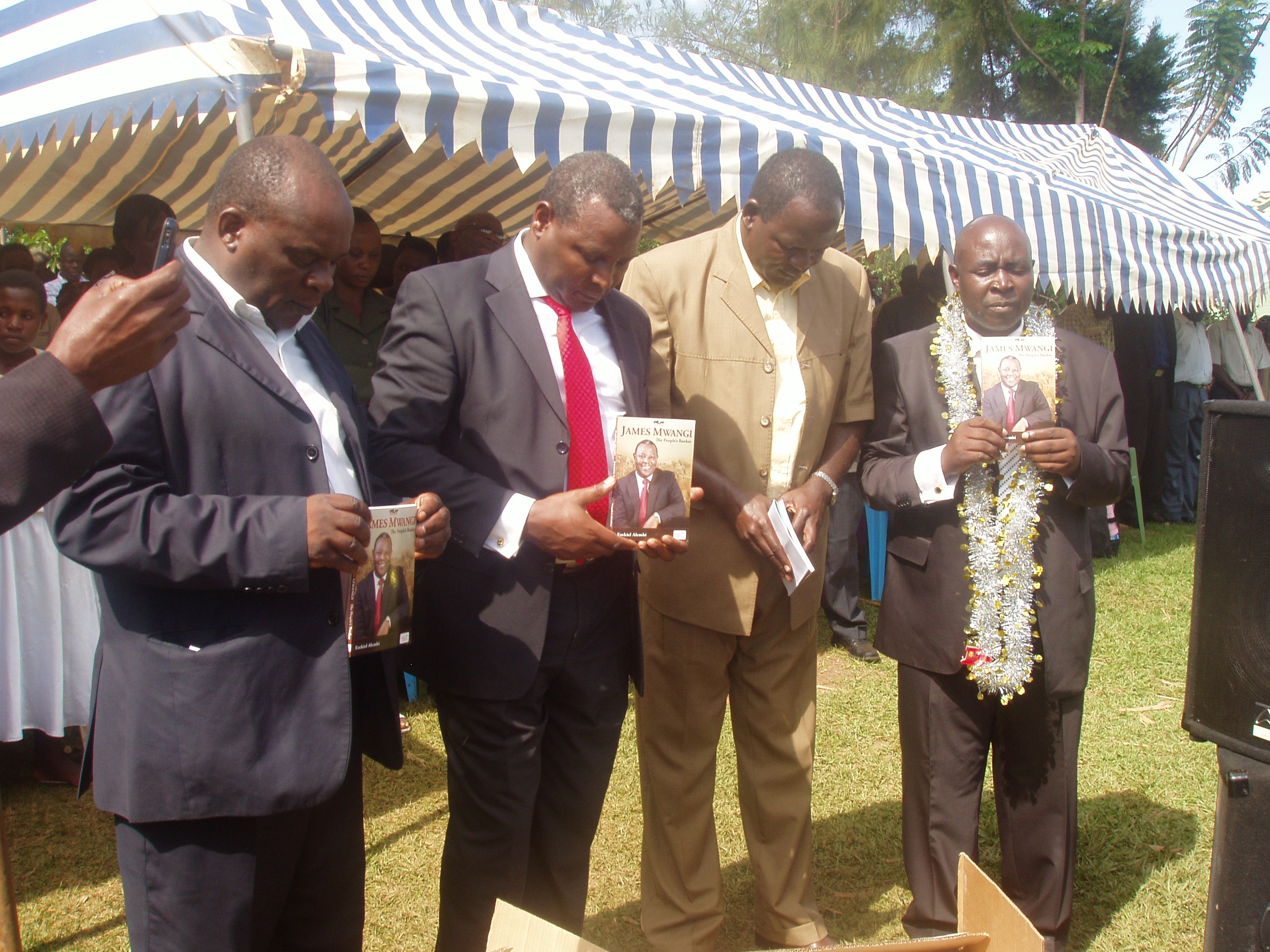I decided to retrieve the following comment from the comments section, which is in response to the on going debate on Harare North. I felt that it the merits a post on its own. The author is Prof Maurice Amutabi, who teaches History at Central Washington University in the US. Share your thoughts on the comments section below.
Ngunjiri.
I recently came across a debate on Brian Chikwava’s debut novel Harare North sent to me by Joseph Ngunjiri. The issue at hand was that Brian Chikwava is Zimbabwean and his novel on Zimbabwe had been reviewed by a Kenyan. The quarrel seemed to be that a Kenyan cannot review a novel by a Zimbabwean, objectively. The reviewer Joseph Ngunjiri received a lot of flak and direct negative epithets from some Zimbabweans on the fact that as an outsider, he could review a novel by a Zimbabwean. The debate went even further to suggest that Joseph Ngunjiri’s hatred of Robert Mugabe accounted for his biased review of Brian Chikwava’s novel. Of course, I personally do not like or support Robert Mugabe’s autocratic policies, benign or malignant, but I have reviewed books on Zimbabwe and he has never come between. You cannot force people who do not like Mugabe. Zimbabwe is not a preserve for Zimbabwean scholars only. Jester Phiri and other Zimbabweans are wrong to condemn Ngunjiri for reviewing a novel on Zimbabwe.
Zimbabweans have been crying foul in Botswana and South Africa, for being called ‘foreigners’ or makwerekwere. In fact the concept of Bakwere or Makwerekwere is so disturbing that it is a form of apartheid by black South Africans and Batswana against non South African or non Batswana blacks and I find it utterly disturbing. Makwerekwere was originally used to describe non Tswana speakers, but now applies to Zimbabweans, Nigerians and Kenyans, and other Africans who have arrived in Southern Africa in large numbers in the recent past. I condemn the pigeonholing of Zimbabweans in Southern Africa when they are referred to as Makwerekwere, but find it interesting that Zimbabweans are exhibiting the same xenophobic characteristic which they are condemning. The emergence of hostility among and between Africans is worrying. It is interesting to see the fast rate at which these tags of ‘foreign-ness’ in reference to fellow Africans is increasingly becoming common in discussions in many parts of Africa. in Kenya for example, the hostility against Somali refugees has created negative energy against Kenyan Somali, who are now not differentiated from the ‘wariae’ tag that referred to Somalis on the other side of the border. Today, what used to be called ‘Somali Ndogo’ (small Somali) in many Kenyan towns are forced to endure constant raids by security personnel for illegal immigrants and search for ‘terrorist suspects’. In the past these settlements were regarded as part of Kenya’s urban sprawl, and normal. They were like Kisumu ndogo (little Kisumu) for Luos, Kiambu ndogo (little Kimabu) for Kikuyus, and Keroka ndogo (little Keroka) for Abagusii, and Kakamega ndogo (little Kakamega) for Abaluiyia, Masaku ndogo for the Akamba (founded by second hand Kamba used tire/tyre dealers throughout East Africa), and other ethnicities throughout the country and region.
There is no doubt that there are differences between some African nationalities but when the difference is based on hatred more than unbiased markers of identity, this becomes a point of concern. Why can’t scholars study other countries without being subjected to negative energy? It is quickly appearing as if someone from Kenya cannot study Uganda objectively or vice versa, or that a Tanzanian cannot discuss a Namibian issue or vice versa, impartially. This is negative for scholarship on Africa. It means that very soon, I will be told that I cannot study northern Kenya where the bulk of my research has been conducted on NGOs working among pastoralist, because I am not a pastoralist. This trend is likely to stifle academic freedom and creativity. I recall with nostalgia when in high school in Kenya we read books by writers from across the continent and critiqued them. They allowed us to have a continental perspective. We read Elechi Amadi’s The Concubine, Ngugi wa Thiong’o’s The River Between, Peter Abraham’s Mine Boy, Cheikh Hamidou Kane’s Ambiguous Adventure, Mongo Beti’s The Poor Christ of Bomba, Okot p’Bitek’s Song of Lawino, Cyprian Ekwensi‘s Jagua Nana, among others. These novels did for us what a textbook can never dream of doing.
I am therefore stunned to hear the emergence of ‘space’ and ‘turf’ wars among scholars. Not long ago, I saw the emergence of this wars among scholars in the Diaspora as well. I have been taking students from Central Washington University to Africa and most recently took them to South Africa (Kenya is under State Department advisory and CWU does not allow official travel there by students). I was surprised to receive two clearly hostile messages from two black South African scholars based in the US like myself, criticizing the itinerary of my trips (since rhe syllabus and itinerary was posted online). They were annoyed that I took the students to places they thought were demeaning to the good history of black South Africa. They were unhappy with the fact that I took my students to the Voortrekker Monument Museum, in Pretoria, which celebrates Afrikaner (Boer) history. I have never seen such a biased museum anywhere in the world, and in fact think that Voortrekker Monument is an aberration of the history of South Africa because of some of the lies in the museum. But after visiting the Apartheid Museum in Johannesburg and the Hector Pieterson memorial in Orlando West, Soweto and the Regina Mundi church in Soweto, all of which celebrate Black resistance, I thought it was fitting for the students to visit the Afrikaner monument as well, in order to have a full perspective of what happened in apartheid South Africa. The students could tell the subtle differences in ways in between the places we visited were presented. The point I am trying to make is that as scholars we should be tolerant of others’ views and allow for multiple interpretations, even those we do not agree with.
Another good example of this increasing intolerance is when a non Nigerian scholar, Dr. Saine travelled to Nigeria for few weeks and had the ‘audacity’ to comment about his visit to that populous (although it has never had an official census acceptable to all since independence, so we do not know if it has 90 million or 120 million people) African nation. Dr. Saine received a lot of negative criticism from Nigerian scholars and others, for simply writing about Nigeria. He was attacked by Qansy Salako, Valentine Ojo, Obododimma Oha and Pius Adesanmi. Ed Amatoritsero wrote, “He [Dr. Saine] is a professor who studies Africa but had never been in Nigeria until May of 2009. Then he did visit Nigeria and lived in VI (Victoria Island) – the Island jewel in the midst of Lagosian rot – according to his travelogue. I was in Nigeria at the same period – in May of 2009. I think we must have visited two different Lagos-es.”
Another scholar Dr. Valentine Ojo, MD wrote,
My take on this outburst then and now, was that this is academic violence of the highest order. This is a form of academic gangsterism that is increasingly becoming entrenched in African scholarship and should be condemned. Those who defended Dr. Saine were not spared. They were called names, bad names. One of them was Dr. Kwabena Akurang-Parry whose crime was to say that the he found the article by Dr. Saine to be insightful. Here below is what Dr. Valentine Ojo wrote:
Then Valentine Ojo launched into Kwabena Akurang-Parry for using the word insightful to describe Dr. Saine’s piece.
What bothered me about the attacks was that the Nigerians were undermining Dr. Saine’s report without presenting to us their own reports. It is not different from the attacks on the Kenyan reviewer Peter Ngunjiri, whose crime is that he reviewed Brian Chikwava’s novel Harare North. What one would have expected is a Zimbabwean scholar to point out to a review of the same novel by a Zimbabwean scholar and show the differences that he would have noted. So far, there is no review of the novel by a Zimbabwean. So, does it mean that the rest of the world should just sit and wait until a Zimbabwean reviews the novel?
Below are some of the extracts from the negative exchange on the review of Brian Chikwava’s novel Harare North by Joseph Ngunjiri:
Jester Phiri in Harare writes
I read Ngunjiri’s review of Chikwava’s debut novel, Harare North (October 14, 2009) with some irritation. It seems to miss the essence of a remarkable novel, pioneering in style and innovative in content.
Is Ngunjiri confusing his obvious distaste for Zimbabwe’s government with a novel that at least tries to deliver the realities of a country in turmoil? Or is he trying to get one up on the Zimbabwean writer? Is it possible for a Kenyan reviewer to fully appreciate what Chikwava has accomplished in telling the ‘Zimbabwean story’?
The Editor responds
To paraphrase a Kenyan novelist Ngunjiri might well say “I write what I like”. Is it not, after all, interesting to have an African perspective on a Zimbabwean novel?
• Saturday, 15 May 2010 09:48 posted by Joseph Ngunjiri
I think Jester Phiri misses the point when he claims that I am trying to get one up on Brian Chikwava. Why would I do that? And who says that I have an “obvious distaste” for the Zimbabwean government, which, he rather testily says I confuse the novel?
Why is Phiri being so defensive – on behalf on the author? His is a case of if you don’t like something, give it a bad name, or worse kill it – does that remind you of Mugabe? – Fact is you cannot divorce Harare North from issues surrounding Mugabe’s ZANU-PF, and the question of exile.
About whether a Kenyan can “fully appreciate” the “Zimbabwean story”, all I can say is we are now living in a globalised world, and oh, Chikwava is now a global citizen

